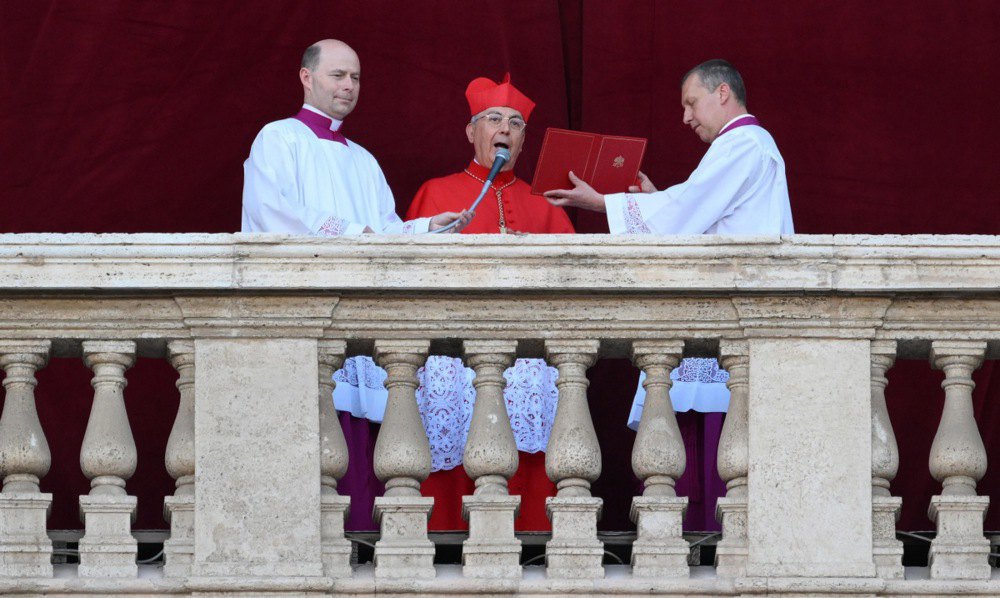
Of course, the fact that Prevost is an American by birth immediately led many secular commentators to conclude that his foreign policy line would coincide with that of Donald Trump – and that the election of an American to the papacy (which happened for the first time in history) was a victory for MAGA. In fact, this is completely untrue – although Trump himself will undoubtedly try to present the election of Leo XIV to his voters as his own victory.
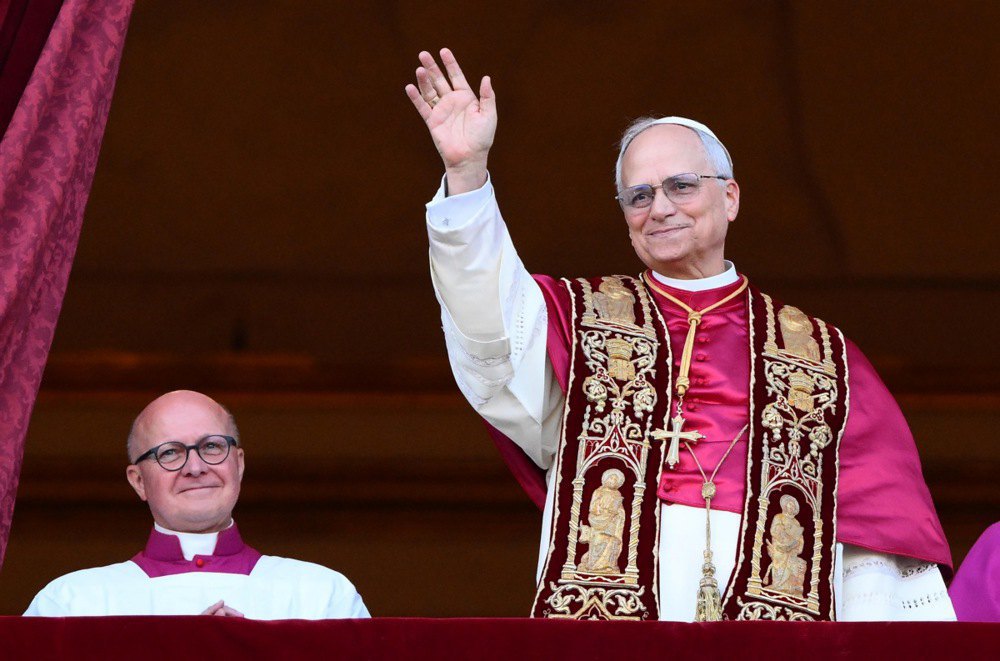
Despite their common geography, Leo XIV and Donald Trump have a radically different worldview. The former is a member of the Augustinian monastic order, which is based on the development of education and science. It is through this lens that Robert Prevost, who started his career as a mathematician, perceives the world. This has nothing to do with conspiracy theories, which are very popular in the current circumstances.
Were the United States interested in influencing the election process, if not the results? Of course they were. Was Russia interested and did it make attempts to do so? Of course it was. After all, the Vatican is not just about 1.3 billion Catholic believers around the world, but also about global politics – in which the word of the Pope, and not the leader of any state, can be decisive (as it was, for example, during the so-called Caribbean crisis.
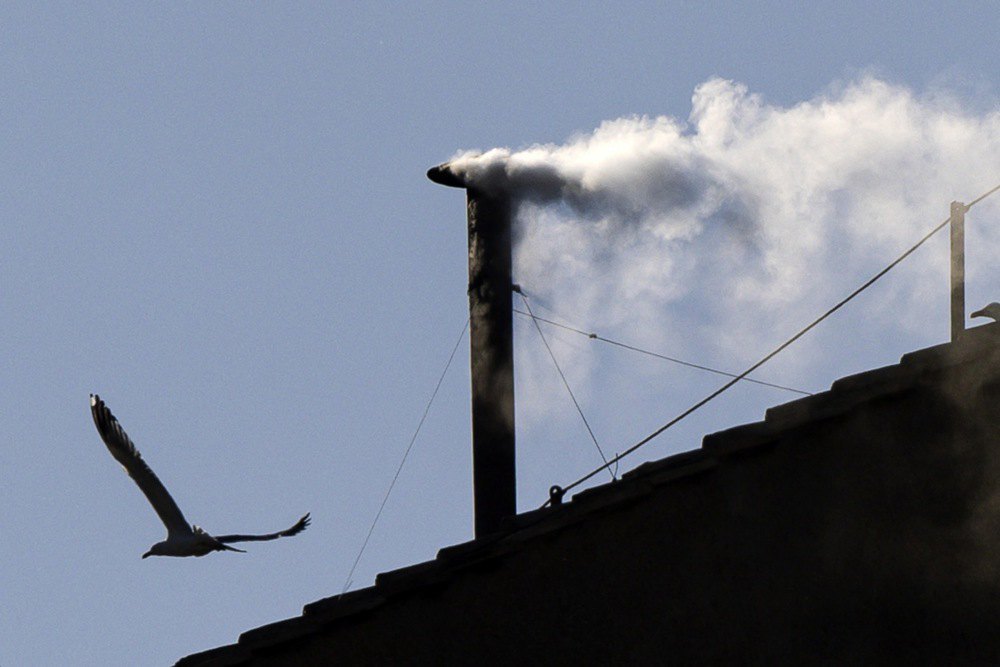
But the nature of power in the Vatican is different from that of the secular one. A secular leader is elected for four to five years (on average, if there are no force majeure events). The St Peter’s Ring is awarded until the end of time – unless, of course, the Pope himself abdicates, as Benedict XVI did. Accordingly, the criteria are different.
For example, Cardinal Prevost was not on any list of potential favourites for the papacy (the so-called papabile). Bookmakers did not accept bets on him. Obvious favourites such as Cardinals Parolin, Gugerotti and others did not pass the test of three rounds of voting. The conclave needed a fourth round to make a choice.
Most of LB.ua’s interlocutors who have a deep understanding of the topic agree that Prevost is a compromise figure who does not gravitate towards any “major centre of influence” – and this was the decisive factor for the conclave. In a situation where the two hemispheres – each in its own peculiar way – are trying to pull the Vatican to their side, the papal capital prefers to remain neutral. Literally: “they chose a spiritual man, a prayerful man”.
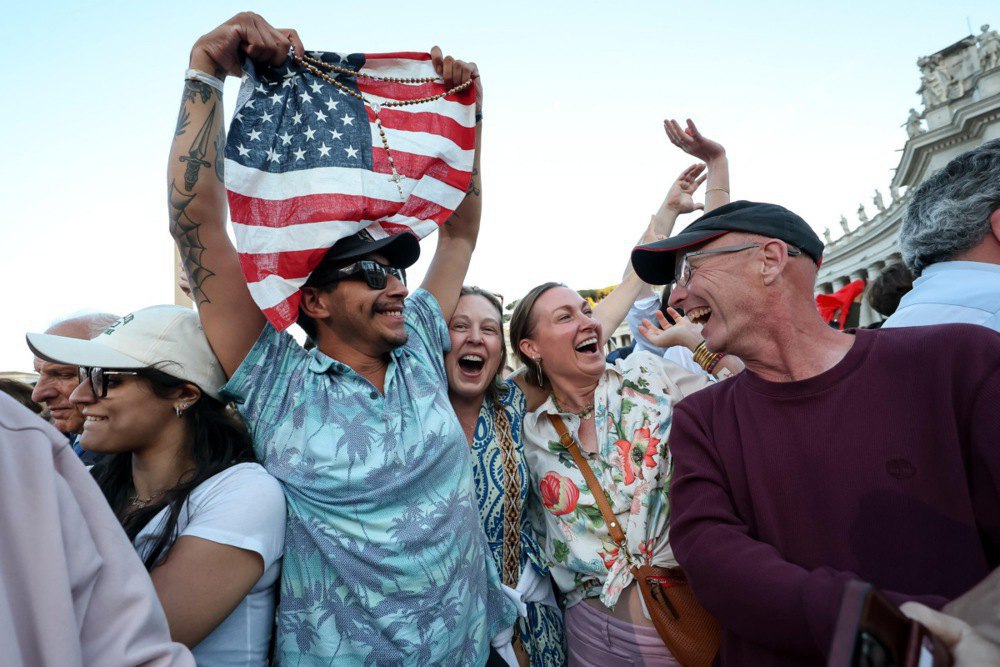
Prevost himself, who was promoted to bishop and then cardinal under his predecessor, is the result of the appropriate personnel policy of Pope Francis, who during his lifetime managed to seriously renew the cardinal corps by introducing people who had worked on the ground for a long time and therefore have the appropriate optics. And although Francis did not leave behind a “successor”, his first public speech as pope indicates that he is not inclined to radically change the current course. And he will definitely not follow in unison with Trump’s course. “On the one hand, Prevost comes from a conservative background. On the other hand, humanistic values are important to him. In particular, he worked for a long time in Peru and understands well what migrants’ rights are,” comments Kyrylo Govorun, a renowned theologian, professor at Loyola Marymount University, and a research fellow at Yale and Columbia Universities. “Unlike Vance, he is definitely not a political Catholic,” adds Father Kyrylo (his extensive commentary can be found here).
Since Prevost was not considered as a possible pope, it is difficult to predict what his first steps in office will be – or how he will form his inner circle. However, when it comes to the election of a “monk who is out of politics” to the highest church office, Ukrainian readers will almost certainly draw analogies with the summer of 2014, when, after the death of the head of the UOC-MP, a well-known supporter of autocephaly, Vladimir (Sabodan), Onufriy (Berezovskyy) took his seat. The latter had a reputation as a prayerful monk, and many thought that he would maintain a pro-autocephalous course for the UOC-MP. However, everything turned out to be exactly the opposite – and the actual management of the UOC-MP passed into the hands of the pro-Russian Metropolitan Anthony (Pakanych).
Are there similar risks with regard to Pope Leo XIV? Who will become his right-hand man?
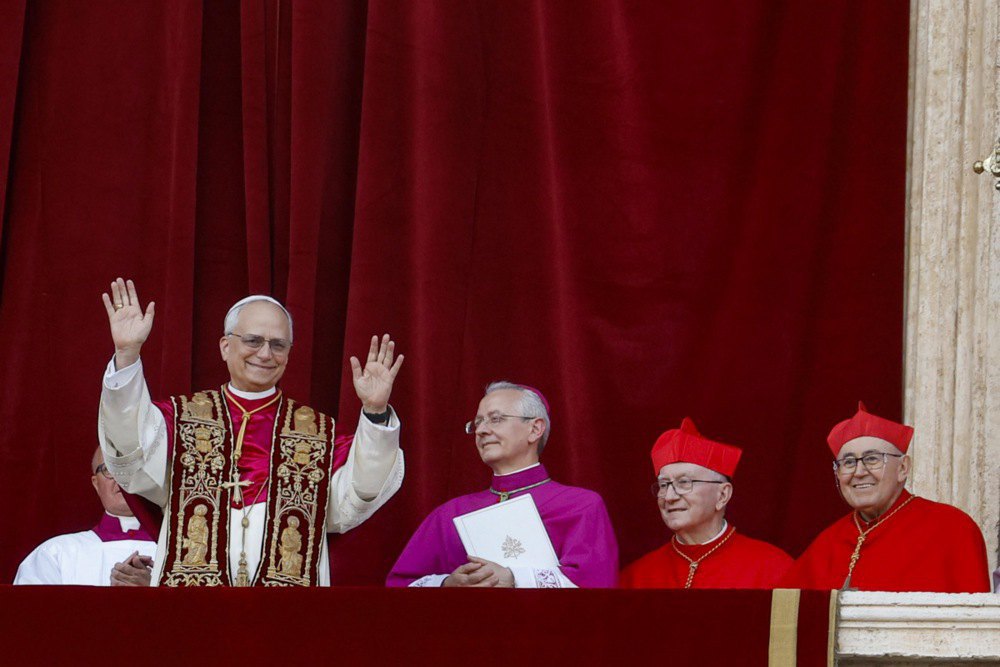
Who will influence his position on war and peace, particularly in Ukraine? In his first official speech, he emphasised the importance of world peace. But what does he mean by these words? After all, his predecessor also sought to “reconcile the warring parties”. Only, as they say, there were nuances.
According to Kyrylo Govorun, “there is much to indicate that the new pope will be more pro-Ukrainian than his predecessor – although this does not mean that he will devote more time and attention to the Ukrainian issue in the public sphere”. At least due to his life and educational background, Leo XIV certainly does not have any special sentiments for the “great Russian culture”, the figure of Putin, etc.








